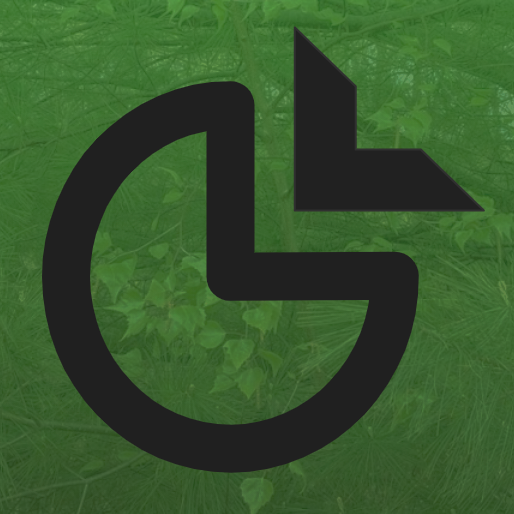
The Proposed Project
The proposed construction would require clear-cutting 14 acres of forest and blasting steep rock slopes and multi-ton boulders with homes abutting the site above and below. Hyde Park has already been experiencing the worst tree loss of all Boston neighborhoods - recently being the only neighborhood with net tree loss in all land use categories.
Local residents have shared countless stories of damaged foundations, noxious fumes, suffocating dust clouds and many other disruptive dangers from failed construction projects on this site in the past. A large landfill containing the waste from a citywide lead abatement project in the early 90’s sits directly uphill of the potential blasting site, risking large amounts of lead poisoning our groundwater.
Community Impacts
The neighborhoods surrounding Crane Ledge Woods, our neighborhoods, are home to predominantly Black and Brown residents, a large percentage of whom are immigrants. The city identified us as Environmental Justice populations due to our inequitable access to green spaces, disproportionate suffering from the impacts of climate change, and other systemic issues that harm the health and wellbeing of already marginalized and underserved communities.
Environmental Justice and Climate Resilience
Climate Ready Boston sees climate adaptation as key to the city’s resilience. However, the plan’s coastal focus lacks equity as most Environmental Justice populations are inland. In order to advance Environmental Justice, the city must make climate adaptation equitable. Doing so requires the political will to acquire green infrastructure for inland climate resilience.
Heat islands are a rising climate threat facing cities. If fires on the west coast cause haze in Boston, the short distances between heat islands in Boston makes them a city-wide issue. Mitigating existing heat islands must not come at the cost of creating new ones. The unparalleled loss of tree canopy in Hyde Park impacts neighborhoods across the city.
Protecting Urban Wild
The City of Boston has approximately 175 acres of urban wild; that's less than 1% of Boston’s land area. Crane Ledge is the largest unprotected urban wild in Boston and the city’s best opportunity for inland climate resilience. Protecting Crane Ledge will increase Boston’s urban wilds by over 13% and sustain green infrastructure in a census tract that is 90% people of color.



